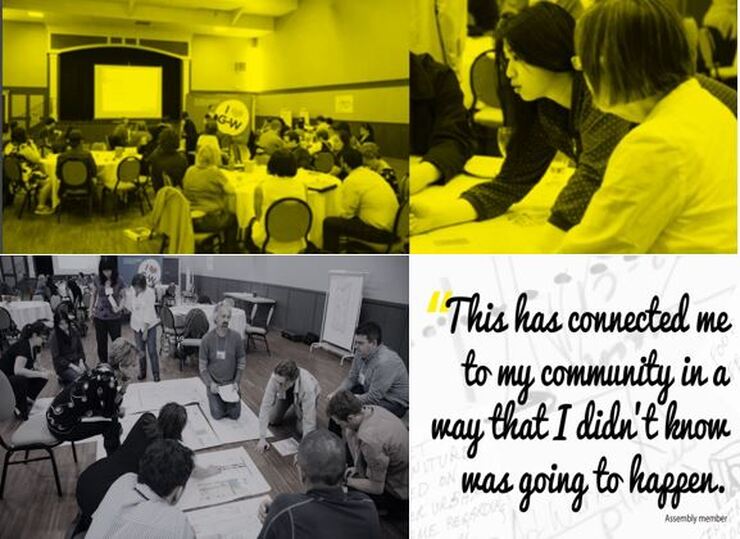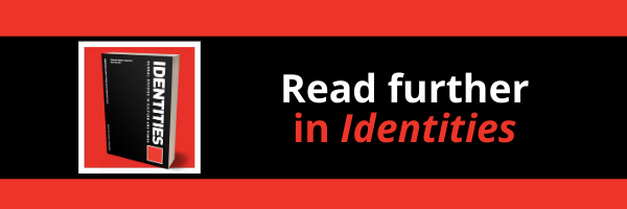|
|
|
The recent protests in Myanmar and elsewhere are lazily interpreted as a sign that people in these places want what people in the West already have: free elections, the rule of law, protection for minority rights, and so on. This is a very comforting reading for the powers-that-be.
There is another, more accurate reading, however, which comes to mind when we consider that even in the West there have been mass popular protests recently: for instance, the gilets jaunes in France, the indignados in Spain, and the Occupy movement more generally. The rapid spread of the Black Lives Matter movement in the US and beyond, the success of populist politicians of the left and right, and the widespread distrust of the authorities everywhere are all signs that Western-style institutions are disappointing for people. It seems that they would like more in the way of democracy, although it isn’t exactly clear what would satisfy them. Has anyone actually figured out what a more democratic system would be like, and how it would work practically?
In my Identities article, ‘From the spectacular to the mundane: radical democracy in the open city’, I go back to the work of the German-American political philosopher, Hannah Arendt – especially her reflections in the book, On Revolution, from almost sixty years ago – and relate them to more contemporary ideas, as well as to the ongoing experience of local government, which is crucial to any understanding of our democratic possibilities. I argue that we have been entranced for too long by the ideal or ‘imaginary’ of the nation-state, which forecloses analysis of all sorts of political possibilities and encourages us to think in terms of political enclosures, rather than openings. I contrast this with the imaginary of the city, an assemblage dependent on openness to the world and its endless differences.
If we reflect on how this openness works and how it encourages collaboration to solve the problems of urban life, we begin to see our possibilities differently. Importantly, we have to turn our attention away from spectacular displays of popular protest – which so often fail to produce the changes demanded, as was the case during the Arab Spring and may well be the case in Myanmar, Hong Kong and Belarus today – to the mundane problems of governing our cities appropriately. If we look at the experience of local government carefully, we find many encouraging examples of democratisation, like the citizens’ assembly pictured at the top of this blog post. How do we build on this experience, and go from the rituals of periodic elections that seem to change so little, to a richer and fuller democracy? I have no easy answers to offer, but I think that this is the right question to pose.
Image credit: Citizens Assembly on the Grandview-Woodland Community Plan, City of Vancouver, 2015.
Blog post by Warren Magnusson, University of Victoria, Canada
Read the Identities article: Magnusson, Warren. From the spectacular to the mundane: radical democracy in the open city. Identities: Global Studies in Culture and Power. DOI: 10.1080/1070289X.2021.1914952
Explore other relevant Identities articles:
Democracy, Freedom, and the Vise of Encompassment Angry citizens: civic anger and the politics of curative democracy in India Janathana Sarkar (people’s government): rebel governance and agency of the poor in India’s Maoist guerrilla zones
0 Comments
Your comment will be posted after it is approved.
Leave a Reply. |
|
Explore Identities at tandfonline.com/GIDE |
|
The views and opinions expressed on The Identities Blog are solely those of the original blog post authors, and not of the journal, Taylor & Francis Group or the University of Glasgow.


